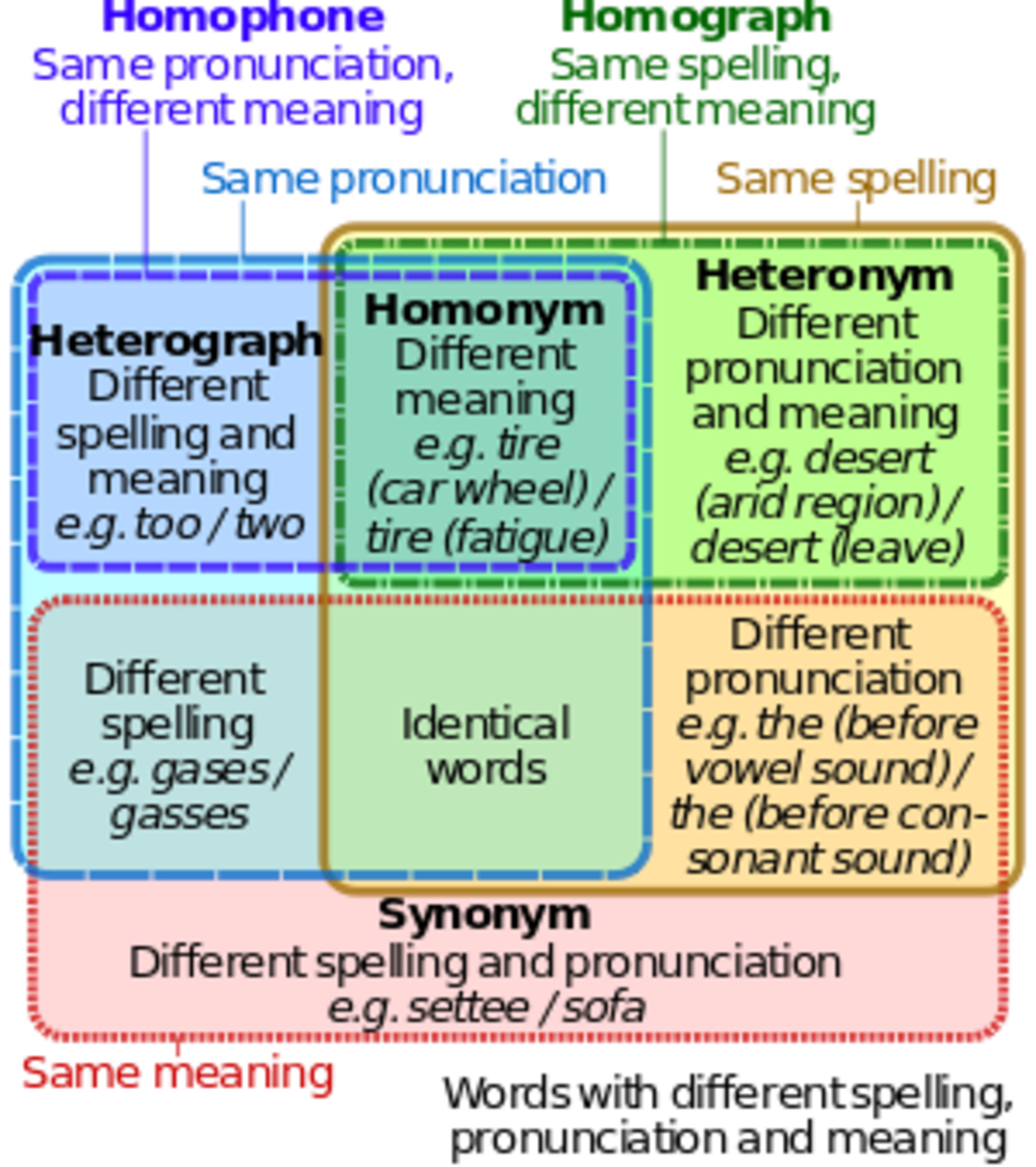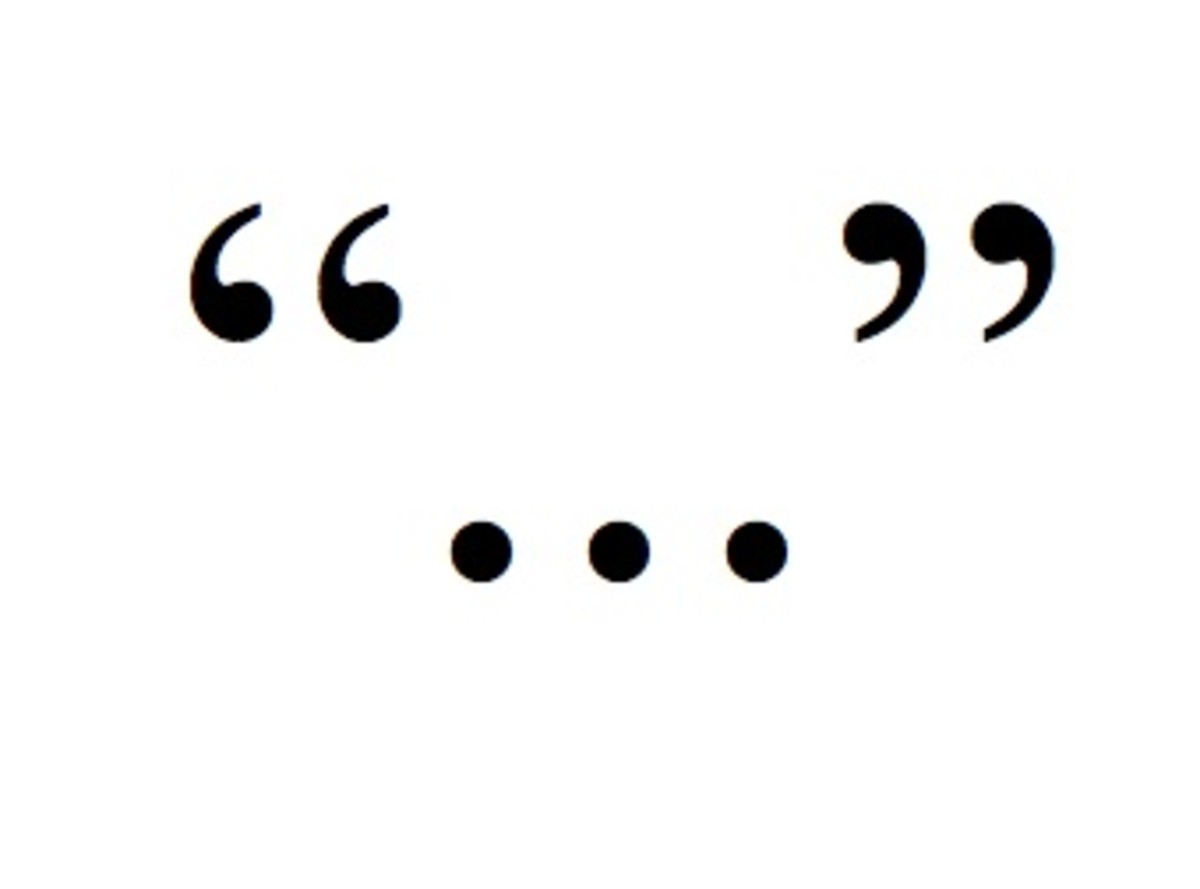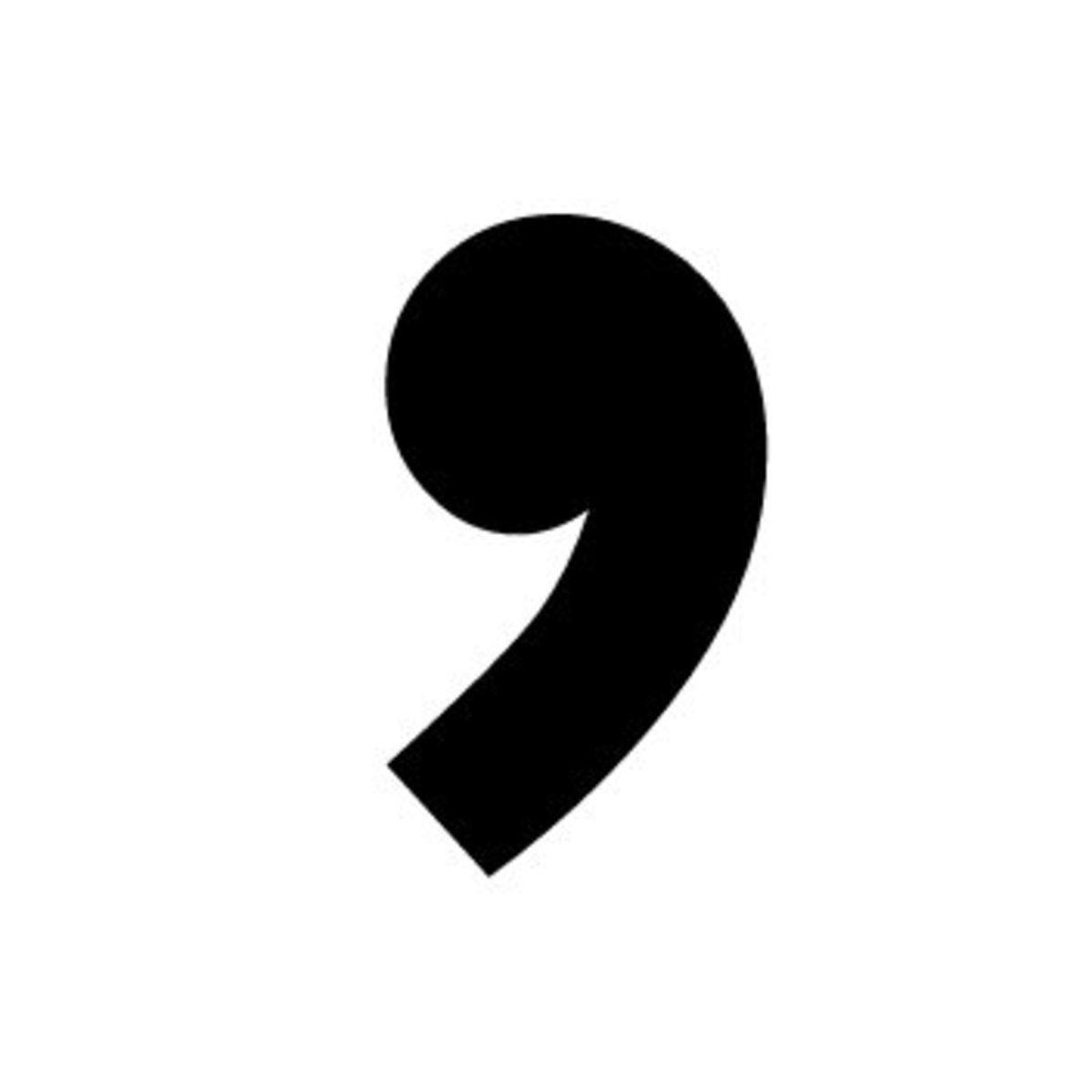Commonly Misspelled Words and Homonyms: Part II

Regardless of whether you are a native speaker or a non-native speaker you are bound to make mistakes in your writing, probably without even realizing that you are doing it. I am sure this has happened to you many a time.
Here are a few of those scenarios. For example:
(1) You were writing a sentence that required the use of the word than yet you ended up typing the word then instead.
(2) You wanted to write the word where but you accidentally omitted the letter h and instead wrote were.
(3) You accidentally rearranged the letters when you were typing and instead of the word from you ended up writing the word form.
No matter which scenario(s) might have happened to you, it is very likely that when you read back your work you didn't even notice that you made this mistake. It only came to your attention when someone else who read your work pointed it out to you. It happened not because you don't know the difference between these two homonyms; most likely it happened either because you were typing too fast and your fingers touched the wrong keys on the keyboard or it happened automatically.
No matter the reason for misspelling words in your writing, it is never a good thing to have because it lessens the quality of your work and makes the readers think different of you as a writer. It makes you come of as unprofessional. So, after you have written whatever it is you decided to bring to life, proofread it a few times and then have someone else read it as well. Chances are that extra pair of eyes can spot those typos that you either have overlooked or simply not realized they existed.
I have previously written about commonly misspelled words and homonyms where I talked about homonyms and included a list of common pairs of homonyms that are often misused or mixed up, along with a list of words that are misspelled where letters are rearranged or omitted and as a result new words are created, with different meanings than originally intended.
There are actually a lot more of those words that I have not included in the list so I thought I would include more of them here, along with the parts of speech they belong to.
What are homonyms?
If you don't already know what homonyms are or have never heard of this term, they are words that sound the same when pronounced but have different meanings. Often times people misuse the homonyms in their writing, whether it is due to the lack of knowledge or by accident.
Below is a list of homonyms that also includes some words where an omitted letter creates an entirely different word with a different meaning.
For your reference here is a table with a list of abbreviations of the different parts of speech that I will use and what they stand for.
(n) = noun
| (v) = verb
| (prep) = preposition
|
(pn) = pronoun
| (adj) = adjective
| (conj) = conjunction
|
(adj) = adjective
| (cont) = contraction
|
abbreviation of parts of speech
Homonyms
- Knew (v) → New (n)
- Knows (v) → Nose (n)
- Through (prep) → Threw (v)
- And (conj) → End (n)
- Not (adv) → Nut (n)
- Once (adv) → Ones (adj)
- Rap (n) or (v) → Wrap (n) or (v)
- Who's (cont) → Whose (pn)
- Bat (n) or (v) → Bet (n) pr (v)
- Walk (n) or (v) → Woke (v)
- Pan (n) → Pen (n)
- Ran (v) → Wren (n)
- Weak (adj) → Week (n)
- Sweet (adj) → Suite (n)
- Whole (adj) or (n) → Hole (n)
- Shore (n) → Sure (adj) or (adv)
- Pale (adj) or (v) → Pail (n)
- Lone (adj) → Loan (n) or (v)
- Lite (adj) → Light (n) or (adj)
- Wait (v) → Weight (n) or (v)
- Waste (n) or (v) → Waist (n)
- Cord (n) → Chord (n)
- Warm (adj) → Worm (n)
- Stake (n) or (v) → Steak (n)
- Berry (n) → Bury (v)
- Marry (v) → Merry (adj)
- Bag (n) → Beg (v)
- Drag (v) → Dreg (n)
- Know (v) → No (adv) or (adj)
- Rot (v) → Rut (n) or (v)
- Suck (v) → Sock (n)
- Land (n) → Lend (v)
- Peal (n) or (v) → Peel (n) or (v)
- Steel (n) → Steal (v) or (n)
- Peek (n) or (v) → Peak (n) or (v)
- Wrack (v) or (n) → Rack (n)
- Lad (n) → Led (v)
- Four (n) → For (prep) → Fore (adj) or (adv)
- Tee (n) → Tea (n)
- Sew (v) → Sue (v)
- Pea (n) → Pee (v)
- Flesh (n) or (v) → Flash (n) or (v)
- Leek (n) → Leak (v) or (n)
- Bate (v) → Bait (n)
- Wave (n) → Waive (v)
- Made (adj) or (v) → Maid (n)
When you are writing, especially if you are typing fast on your keyboard, always make sure you have not omitted any letters from the words you use. By omitting letters from words you can actually end up creating words that have an entirely different meaning from what you originally intended. For example: let's say you wanted to write the word knew but didn't write the letter k (no matter the reason), what you have done is create the word new, which of course means something totally different. As a result you have changed the meaning of the sentence. Since knew is a verb and new is an adjective the sentence now becomes confusing, although in this case people may still understand what you are trying to convey and will realize it is merely a typo.
To prevent confusing your readers always make sure to carefully proofread everything that you write and have someone other than you read your work as well. The less mistakes you have in your writing the better.
Below is a list of some words where letters are either omitted or rearranged that as a result create words that have entirely different meanings.
List of words with omitted letters
- Whole → Hole
- Spin → Sin
- Road → Rod
- Steam → Stem or → Team
- Train → Rain
- Fridge → Ridge
- Pants → Ants
- Flame → Lame
- Part → Art
- Black → Lack
- Stalk → Talk
- Learn → Earn
- Year → Ear
- Fear → Ear
- Heard → Hard
List of words with rearranged letters
- Used → Sued
- Roe → Ore
- Kale → Lake
- Spin → Pins
- Are → Ear
- Fire → Rife
- Stone → Notes
- Tea → Ate or → Eat
- Rise → Sire
- Bate → Beat
- Salt → Slat
- Not → Ton
- Tip → Pit
- Stub → Bust
- Sore → Rose
Check out more commonly misspelled words and homonyms
- Commonly Misspelled Words and Homonyms
The English language consists of many words that are classified as homonyms. Often enough, people, especially non-native speakers, tend to confuse these words and use them incorrectly in their writing.
© 2013 Lena Kovadlo








